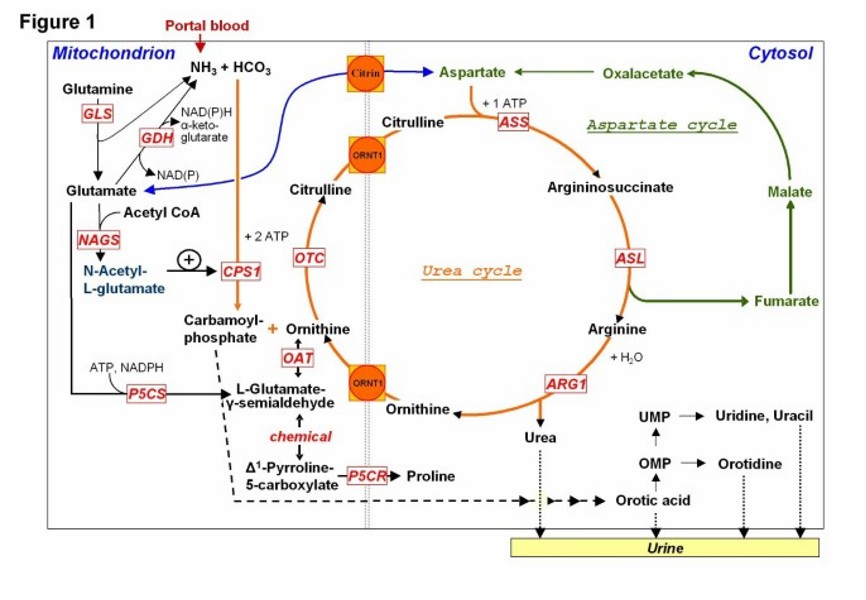Alpha-1 Antitrypsin Deficiency Research Services
Researchers face main challenges in Alpha-1 Antitrypsin Deficiency (AATD) research because of complex genetic variants together with complex pathomechanisms and current treatment limitations. Our company stands as a provider of research services for rare diseases and therapy development. Our organization supports scientists in the in-depth analysis of pathogenesis, the development of safe and effective therapeutic options, and the improvement of diagnostic efficiency.
What Is Alpha-1 Antitrypsin Deficiency?
Alpha-1 Antitrypsin Deficiency is a rare genetic disorder caused primarily by mutations in the SERPINA1 gene, resulting in decreased levels or abnormal function of alpha-1 antitrypsin (AAT) in the body. The disease primarily affects the lungs and liver, but can also involve other organs.
Etiology and Genetic Mechanism of Alpha-1 Antitrypsin Deficiency
Alpha-1 antitrypsin deficiency is caused by mutations in the SERPINA1 gene, which is located on chromosome 14. Mutation types include Z mutations and S mutations, among others, with Z mutations being one of the most common pathogenic mutations.
 Figure 1. In Z-variant AAT deficiency accumulation of the abnormal protein in the endoplamic reticula of hepatocytes leads to the liver disease of AATD. (Kelly E, et al., 2010)
Figure 1. In Z-variant AAT deficiency accumulation of the abnormal protein in the endoplamic reticula of hepatocytes leads to the liver disease of AATD. (Kelly E, et al., 2010) Diagnosis of Alpha-1 Antitrypsin Deficiency
- Serum AAT level test
- SERPINA1 gene mutation test
- Lung function tests
- Imaging
Treatment of Alpha-1 Antitrypsin Deficiency
- AAT alternative therapy
- Antibiotics, bronchodilators and inhaled corticosteroid therapy
- Lung and liver transplantation
Disclaimer: Protheragen specializes in providing preclinical research services, and all treatment content is for academic communication and reference only, and does not constitute any medical advice or treatment plan. If you need specific treatment, please be sure to go to a regular medical institution and under the guidance of a professional doctor.
Our Services
Pathogenesis Analysis of Alpha-1 Antitrypsin Deficiency
The type of pathogenesis analysis we support:
- Gene mutation protein expression
- Molecular dynamics of AAT polymerization
- Endoplasmic reticulum stress and apoptosis
- Autophagy and AAT degradation
- Inflammation and fibrosis mechanisms
We are committed to helping researchers delve into the pathogenesis of AATD through the analysis of AAT synthesis, folding, secretion, and functional abnormalities.
Model Development Services for Alpha-1 Antitrypsin Deficiency
In Vitro Models
- Human induced pluripotent stem cells (iPSCs)
- Primary cell
- Cell line
In Vivo Models
- Knockout mouse models
- Humanized mouse models
- Non-human primate models
- C. elegans models
Protheragen is dedicated to providing important research tools for the understanding of AATD disease mechanisms, drug development and validation of therapeutic strategies. In addition, we can help you to comprehensively analyze the pathogenesis of AATD through molecular biology and bioinformatics analysis.
Therapy Development Services for Alpha-1 Antitrypsin Deficiency
Types of therapy development we support:
- Small molecule drug development
- Therapeutic antibody development
- Cell therapy development
- Probiotics therapy development
- Gene therapy development
Types of gene therapy development we support:
- DNA therapy development
- RNA-based therapy development
- TALEN-based therapy development
- Meganuclease-based therapeutics development
Our gene therapy delivery services include:
- Gene therapy vector construction
- Gene therapy vector quantification
- Gene therapy vector evaluation
Our therapy development services cover a wide range of areas, from traditional drug therapies to emerging gene therapies. If you are currently developing a therapy that has achieved some success, but still has high costs and limited efficacy. Feel free to contact us, and we'll be happy to utilize our expertise to help streamline your research process.
Reference
- Kelly E, Greene CM, Carroll TP, McElvaney NG, O'Neill SJ. Alpha-1 antitrypsin deficiency. Respir Med. 2010;104(6):763-772.
All of our services and products are intended for preclinical research use only and cannot be used to diagnose, treat or manage patients.
